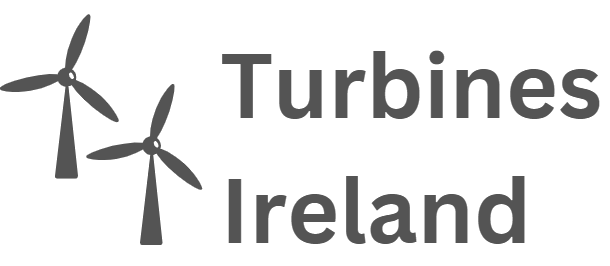
Renewable energy is a form of clean, sustainable energy that comes from naturally replenished sources such as sunlight, wind, rain, tides, and geothermal heat. Unlike fossil fuels, renewable energy sources do not deplete natural resources or release harmful pollutants into the atmosphere. In this article, we will explore the various benefits of renewable energy and why it is crucial for a sustainable future.
1. Environmental Benefits
One of the most significant advantages of renewable energy is its positive impact on the environment. By harnessing renewable energy sources, we can drastically reduce greenhouse gas emissions and the pollution associated with conventional energy production. Unlike fossil fuels, renewable energy technologies contribute little to no air or water pollution, helping to mitigate climate change, preserve ecosystems, and reduce the dependence on finite resources.
Reduced greenhouse gas emissions
Burning fossil fuels, such as coal and oil, for energy production is a major contributor to greenhouse gas emissions. These emissions trap heat in the Earth’s atmosphere, leading to global warming and climate change. Renewable energy sources, on the other hand, produce little to no greenhouse gases during operation, significantly reducing our carbon footprint.
Clean air and water
Renewable energy technologies produce electricity without releasing harmful pollutants like sulfur dioxide, nitrogen oxides, or particulate matter. This means cleaner air and water for communities near power plants and improved public health. By promoting renewable energy, we can reduce the incidence of respiratory and cardiovascular diseases caused by air pollution.
2. Energy Independence and Security
Renewable energy can enhance energy independence and security by reducing the reliance on imported fossil fuels. With access to locally available renewable resources, countries can generate their own energy and become less vulnerable to fluctuating international energy prices, geopolitical tensions, and supply disruptions.
Endless and indigenous resources
The sun, wind, and water are resources abundantly available in many parts of the world. By harnessing these resources, countries can tap into an endless and indigenous energy supply, reducing their dependence on costly and environmentally damaging fossil fuel imports.
Job creation and economic growth
The renewable energy sector has the potential to create numerous job opportunities, promoting economic growth and development. Investments in renewable energy technologies lead to the establishment of manufacturing facilities, power plants, research and development centers, and maintenance and operation jobs. This can boost local economies and improve the livelihoods of communities.
3. Energy Cost Savings
While the upfront costs of installing renewable energy systems can be higher than traditional energy sources, the long-term economic benefits are substantial. Renewable energy can lead to significant cost savings over time due to reduced fuel costs, lower maintenance requirements, and potential revenue generation.
Reduced operating costs
The fuel for renewable energy systems, such as sunlight and wind, is free. This means lower operating costs once the initial investment in infrastructure is made. Additionally, renewable energy technologies often require less maintenance compared to fossil fuel-based power plants, reducing overall operational expenses.
Potential revenue generation
In some cases, renewable energy systems can generate surplus electricity that can be sold back to the grid. Through net metering or feed-in tariff programs, homeowners and businesses with renewable energy systems can earn money by exporting excess energy. This can offset the initial investment costs and further reduce energy expenses.
4. Diversification of Energy Sources
Relying on a single energy source, such as fossil fuels, can leave countries vulnerable to price volatility, supply disruptions, and geopolitical issues. Renewable energy offers a diversified energy mix, reducing the risks associated with over-reliance on specific fuels or energy providers.
Stability and reliability
Renewable energy sources, such as solar and wind, are distributed and decentralized. This decentralization enhances the stability and reliability of the energy system, as power generation is less susceptible to complete outages caused by infrastructure failures or natural disasters. Distributed energy systems also reduce the transmission and distribution losses that occur with centralized power plants.
Long-term energy security
By investing in renewable energy, countries can secure their energy supply for the long term. Renewable resources are naturally replenished and not subject to depletion like finite fossil fuel reserves. This provides reassurance that energy needs can be met without compromising future generations’ abilities to satisfy their own energy demands.
Conclusion
Renewable energy offers numerous benefits, from mitigating climate change and reducing air pollution to enhancing energy security and economic growth. By harnessing the power of natural, replenished resources, we can create a sustainable future for ourselves and future generations. Investing in renewable energy technologies is not only paramount for environmental preservation but also for economic development and public health. As individuals, communities, and nations, we should actively support and transition towards a renewable energy-powered world.
